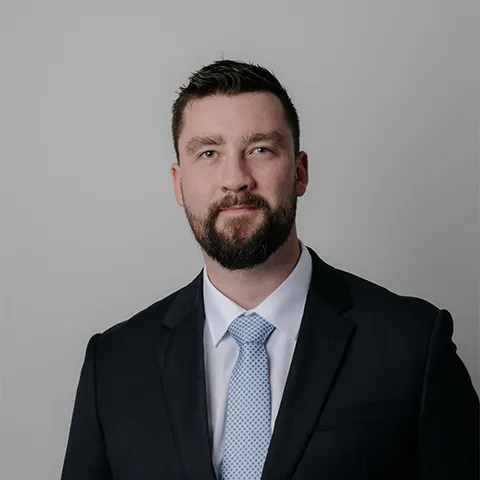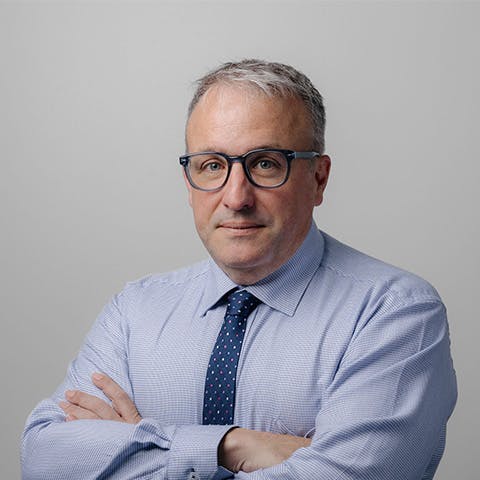Queenslanders suffering from noise induced hearing loss due to employment are likely entitled to compensation through WorkCover Queensland (or their employer’s self-insurer).
An injured worker will need a binaural hearing loss in excess of 5% to receive any compensation as WorkCover is not required to compensate for the first 5% of hearing loss. This can be investigated by undergoing an audiology assessment prior to lodging the claim to ensure it will be worthwhile for the worker to proceed with a claim.
There are also eligibility requirements to access compensation for hearing loss which require an injured worker to show they are either:-
- employed as a worker in Queensland; or
- temporarily unemployed; or
- within 12 months of their formal retirement from the workforce.
The process of lodging a claim for industrial deafness can be complex and obtaining the right evidence to ensure the claims acceptance is critical.
This is often due to noise induced hearing loss occurring over many years with the onus on the injured worker to prove their exposure to noisy environments over extended periods of time. Having an experienced legal team prepare the claim is important to maximise the prospects of the claim being accepted.
Once the claim is accepted, WorkCover will arrange for the injured worker to undergo an audiology assessment to determine the level of impairment. This level of impairment will equate to an offer of lump sum compensation.
There are rights for an injured worker to request a re-assessment if they are not satisfied with the assessment and offer of lump sum compensation. Strict time limits apply in relation to these important decisions. Accordingly, it is important for injured workers to urgently obtain legal advice with respect to their rights and options if they are unhappy with the assessment and WorkCover’s offer of lump sum compensation.
Regrettably, WorkCover does not provide funding for hearing aids and other devices, and it is expected these devices will be funded from the injured workers’ lump sum compensation. It is therefore critical to maximise the lump sum compensation available to the injured worker to ensure adequate compensation is obtained to pay for these types of devices.
There are provisions in the workers’ compensation legislation that also allow injured workers to re-apply for further compensation for industrial deafness every three (3) years. However, it must be shown on re-assessment that at least an additional 1% of hearing loss has occurred.
Given the nature of industrial deafness claims, including the onus on an injured worker to prove exposure to noisy environments over many years, whilst also navigating a complicated claims process, it is important to have a team of experienced personal injury lawyers on your side.
vbr Lawyers are highly experienced in industrial deafness claims and offer an industry leading 25% cap on professional fees.



